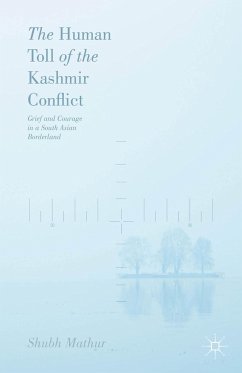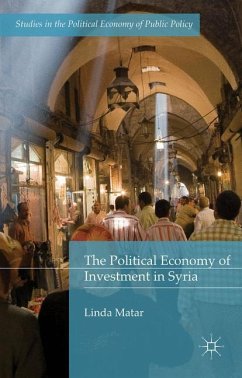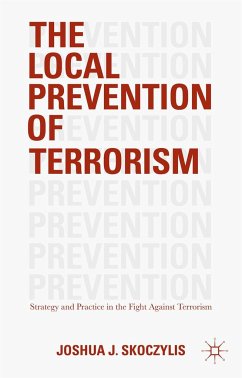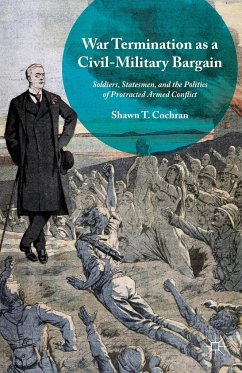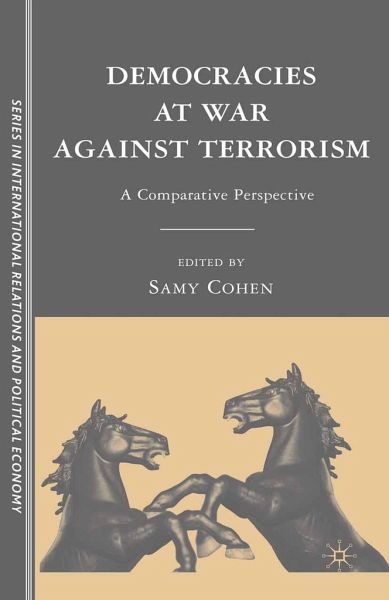
Democracies at War Against Terrorism
A Comparative Perspective

PAYBACK Punkte
19 °P sammeln!
Numerous democratic nations have been singled out by NGOs for brutality in their modus operandi, for paying inadequate attention to civilian protection or for torture of prisoners. This book deals with the difficulties faced when conducting asymmetric warfare in populated areas without violating humanitarian law.






